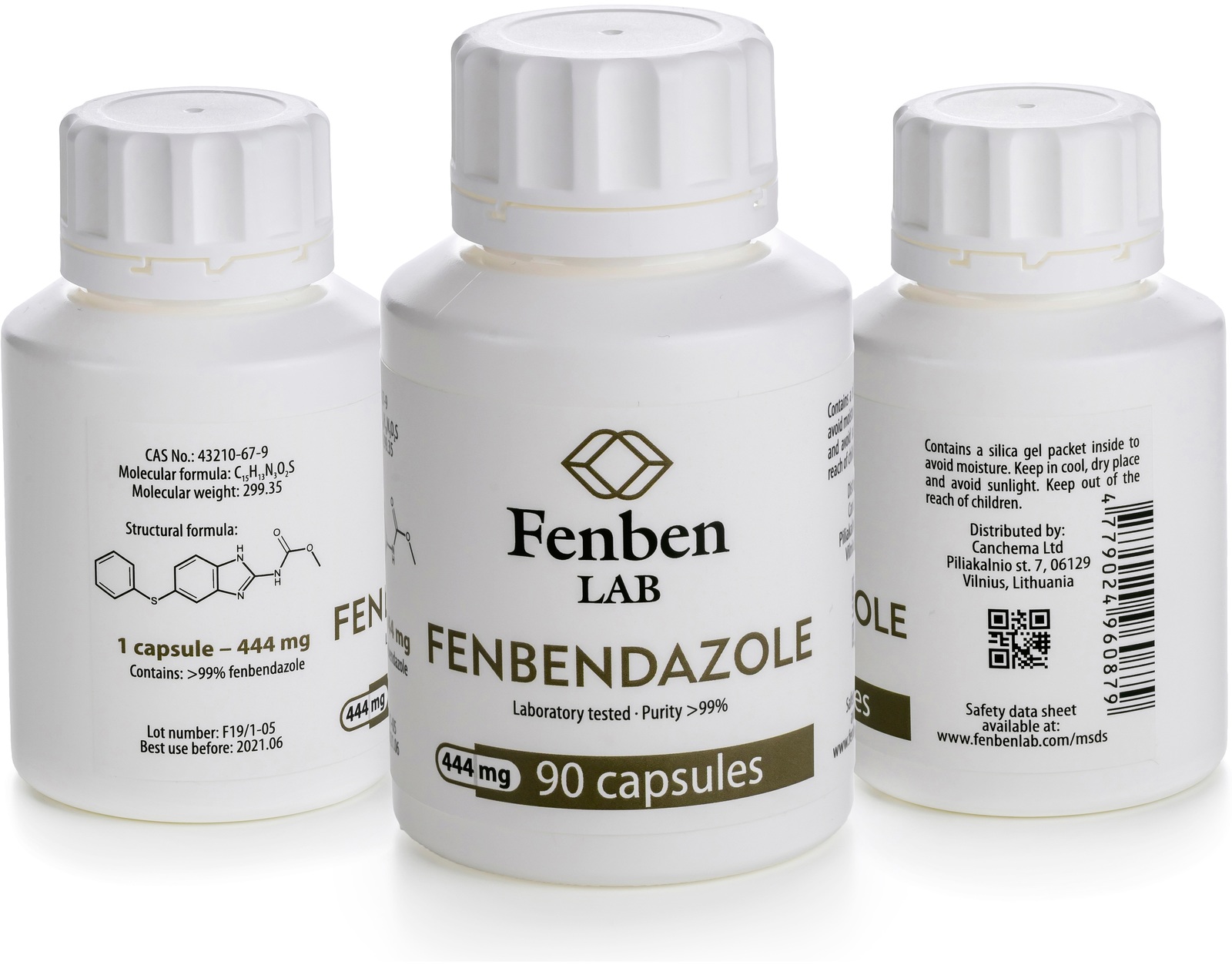Fenben is a widely used animal anthelmintic that has been shown to be effective against parasites in animals. It also has anti-cancer properties. It causes G2/M arrest, mitotic slippage, and post-slippage death in cancer cells.
The plasma concentration-time profiles of free fenbendazole and RAPA in rats are shown in Figure 7. A clonogenic assay showed that both drugs inhibited colony formation.
It is a broad-spectrum anthelmintic
Fenben is a broad-spectrum anthelmintic, and it is effective against most common parasites. It can also be used in combination with other medications to treat recurrent worm infestations. However, it is important to know the prepatent period of each parasite to prevent overdosing. Prepatent periods vary from a few days to several months, and it is vital to repeat deworming at the right time.
Benzimidazole anthelmintics have long been used as antiparasitic drugs. They act on worms by disrupting microtubule polymerization, inducing apoptosis, inhibiting cell cycle progression, and blocking glucose transport. Benzimidazole anthelmintics also have anticancer effects, and they can enhance the efficacy of conventional chemotherapy in tumor-bearing animals.
The present study investigated the field efficacy of fenbendazole and levamisole against gastrointestinal nematodes (GINs) in domestic chicken flocks on farms in Iran. The results indicated that fenbendazole is more effective than levamisole against the most resistant GINs. Capillaria spp. and Trichostrongylus anseris were the most resistant worms to both anthelmintics.
It is effective
Fenbendazole acts against several cellular pathways that are required for cancer cells to thrive. It causes partial alteration of microtubules, which leads to mitotic arrest and cell death. It also induces p53 expression and blocks glucose uptake and glycolysis in cancer cells. This effect is augmented when combined with the glycolytic inhibitor 2 deoxyglucose (2DG) and dichloroacetate (DCA), which shifts metabolism towards oxidation rather than glycolysis.
In a facility treatment, fenbendazole was effective in preventing the growth of Aspiculuris tetraptera pinworm-infected tumor xenografts in C.B-17/Icr-Prkdcscid/Crl mice, a model that typically shows 80% to 100% successful tumor growth within 21 d. Similarly, human lymphoma xenografts in SCID mice treated with an 8-wk facility diet of fenbendazole showed no tumor growth.
Unlike ivermectin, fenbendazole is persistent in the body and does not lose activity over time. This allows it to be used at a low frequency for the control of helminth infections. In addition to nematodes, it is efficacious against cestodes (Mesocestoides abstrusus, Ancylostoma tubaeforme, and Baylisascaris procyonis) and trematodes (Necator americanus and Strongyloides leonina). It also has good efficacy in the treatment of hookworms.
It is affordable
Fenbendazole is a medication used to treat parasites and worms (roundworms, hookworms, whipworms, and some tapeworms) in animals. It is a common treatment for cats and dogs. It has also been shown to be effective against cancer. Studies in petrie dishes show that cancer cells respond to fenbendazole within 12 hours. Some types of cancer are more responsive than others, including melanoma, breast, prostate, lung and colon cancers. Brain cancers (glioblastomas) have also been favorably affected.
Recently, a close relative was diagnosed with spinal cancer and refused traditional chemotherapy. She started taking fenbendazole every day and in a few days her tumors dissolved. She is now in remission and is living happily. It is reported that fenbendazole works in several ways, including disrupting the microtubule system of cancer cells, blocking their glucose utilization (starving them), and upregulating p53 tumor suppressor genes. It also potentiates traditional chemo and radiation therapies. I don’t know if she took any of the other agents suggested by some to enhance its effectiveness (Vitamin E and Curcumin). It didn’t matter anyway because it worked so well in her case.


